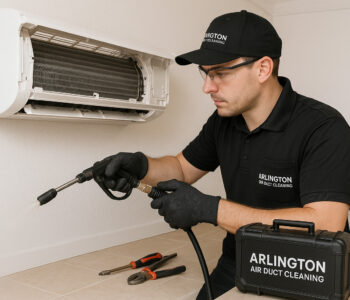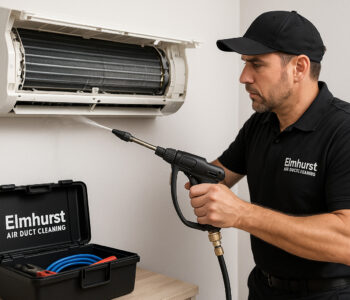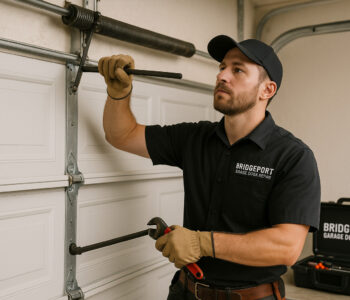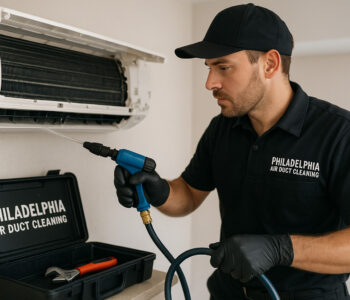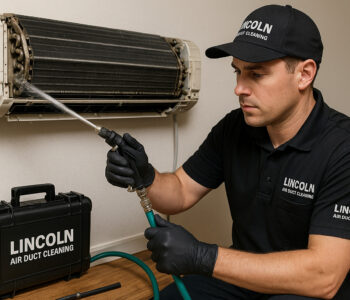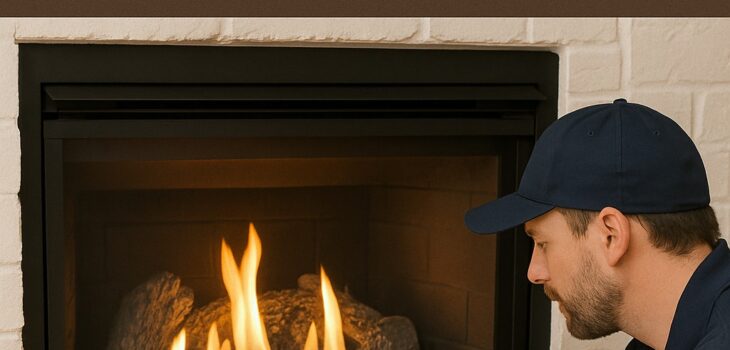 Business
Business
When Should You Call a Technician for Gas Fireplace…
Nothing beats the cozy warmth of a gas fireplace on a chilly evening. It’s one of those little home luxuries that can turn a regular night into something special, especially when the wind is howling outside. But, like any home appliance, gas fireplaces sometimes act up. The tricky part is figuring out when a problem is just a minor hiccup you can handle, and when it’s time to reach out for Gas Fireplace Repair help.
Signs Your Fireplace Needs More Than a Quick Fix
Even if you’re pretty handy, gas fireplaces have their own way of letting you know things aren’t right. Sometimes, it’s a faint smell that wasn’t there before. Other times, the flames look odd—maybe they’re low, flickering strangely, or not lighting up at all. If you’re noticing any of these changes, it’s a good idea to pause and consider whether it’s safe to keep using it. Small changes can signal bigger issues brewing behind the scenes, which are often best left to the pros.
When Safety Is at Stake: Don’t Wait
One thing to always keep in mind with gas appliances is safety. If you ever smell something like rotten eggs, that’s a classic sign of a gas leak. Don’t try to fix this yourself—get everyone out of the house and call for help right away. The same goes for soot buildup, pilot lights that keep going out, or strange noises like popping or hissing. These aren’t just quirks; they’re red flags that you need a qualified technician to step in.
Regular Maintenance vs. Real Repairs
A little bit of cleaning now and then can keep your fireplace running smoothly, but maintenance only goes so far. If you’re finding that you need to relight the pilot more often, or the remote control is unresponsive no matter how many times you replace the batteries, it could point to deeper electrical or gas flow problems. Here’s a quick table to help you spot the difference between what you can probably handle yourself, and what’s best left to a technician:
| Minor Issues | Call a Technician |
| Wiping the glass clean | Persistent gas smells |
| Changing remote batteries | Pilot light won’t stay lit |
| Vacuuming dust around the unit | Unusual noises (hissing, popping) |
| Checking the carbon monoxide detector | Burner won’t ignite |
| Inspecting for obvious blockages | Soot buildup or black marks on walls/glass |
A cozy fire is only as safe as the care you give it—never ignore the early warnings your fireplace sends.
If You’re Unsure, It’s Better to Be Safe
Sometimes, the line between minor annoyance and major problem isn’t so clear. If you’ve tried the basic stuff and still feel unsure, don’t hesitate to call in a professional. There’s no shame in asking for help, especially when it comes to something as important as your family’s safety. Gas fireplace technicians have the right tools and expertise to spot problems you might miss and to fix them the right way, the first time.
Conclusion: Listen to Your Fireplace and Trust Your Instincts
At the end of the day, your fireplace is there to bring comfort and peace of mind, not worry. If it’s making you second-guess its safety or reliability, take those feelings seriously. Whether it’s strange smells, odd noises, or just something that feels off, reaching out for gas fireplace repair services is always the smart move when you’re in doubt. Better to get it checked and enjoy the warmth worry-free than put your home at risk. Pay Attention to Your Fireplace and Rely on Your Gut Feeling. f your fireplace struggles to light, or the pilot keeps going out even after following the manufacturer’s instructions, it could signal deeper issues with the ignition system or gas flow. Avoid repeated attempts—let a qualified technician diagnose the root cause safely.




